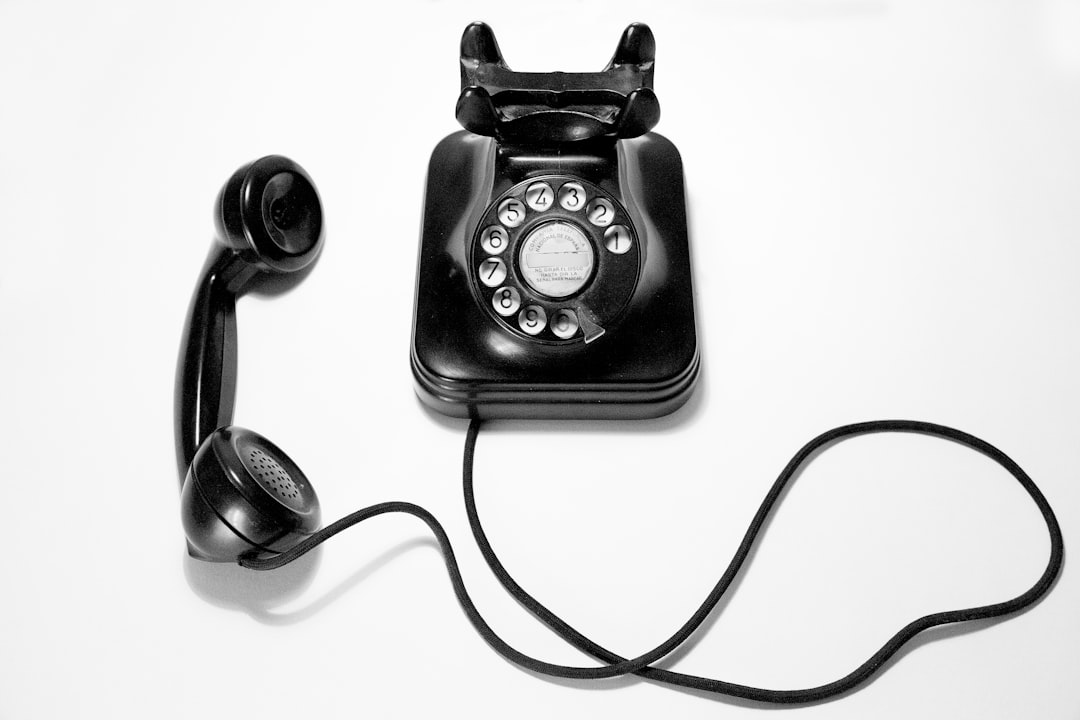Caller ID spoofing, enabled by technology like VoIP and deepfakes, is a growing concern in New Hampshire, prompting residents to consult spam call attorneys. The state has stringent anti-spam laws, but evolving legal landscapes require specialized expertise from these attorneys who navigate telecom regulations and offer recourse against fraudulent activities, protecting consumers from privacy invasions and identity theft.
“In the age of digital communication, caller ID spoofing has emerged as a concerning trend. This practice, where a caller misrepresents their identity through manipulated phone numbers, raises questions about privacy and consent. New Hampshire, like many states, grapples with regulating this issue. This article explores the intricacies of caller ID spoofing, its legal implications under New Hampshire’s spam call laws, and highlights when it’s crucial to consult spam call attorneys for guidance in navigating these complex digital waters.”
Understanding Caller ID Spoofing: Techniques and Methods

Caller ID spoofing is a deceptive practice where individuals or entities manipulate the information displayed on a caller’s phone, making it show a false number or identity. This technique has evolved over time with advancements in technology, allowing for more sophisticated methods of deception. Spammers and scammers often employ these tactics to hide their true origins, making it easier to target unsuspecting victims.
There are several techniques used to pull off caller ID spoofing. One common method is through Voice over Internet Protocol (VoIP) services, which allow users to mask their actual phone numbers. Another approach involves using automated systems that generate and manipulate caller ID data in real-time. Some advanced cases may even utilize deepfake technology, where artificial intelligence creates synthetic voices and identities, making it nearly impossible for recipients to verify the call’s authenticity. These methods raise significant concerns among consumers and have prompted many people to seek legal assistance from spam call attorneys in New Hampshire to understand their rights and protect themselves from such fraudulent activities.
The Legal Landscape: New Hampshire's Spam Call Laws

In New Hampshire, the legal landscape surrounding caller ID spoofing is defined by robust anti-spam laws designed to protect residents from unwanted and deceptive calls. The state’s legislation takes a stringent approach to curb spam call activities, reflecting a growing national trend to safeguard consumers’ privacy and peace of mind.
Spam call attorneys in New Hampshire play a vital role in navigating this legal terrain, ensuring that businesses and individuals comply with the state’s strict regulations. These laws not only penalize direct spamming but also address the use of spoofed caller IDs, considering it an integral part of the deceptive practice. By employing legal expertise focused on spam call issues, residents can find recourse against infringers and maintain a safer communication environment.
When to Hire Spam Call Attorneys in New Hampshire

In cases where caller ID spoofing has led to severe consequences, such as fraud, harassment, or identity theft, it’s imperative to consult with spam call attorneys in New Hampshire. These legal experts specialize in navigating the complex web of telecommunications and consumer protection laws to ensure justice is served. If you’ve been a victim of spam calls originating from or involving spoofed numbers, reaching out to a local attorney who understands these nuances can help protect your rights.
New Hampshire’s strict regulations regarding telemarketing practices offer certain safeguards against malicious spoofing. However, the legal landscape surrounding caller ID manipulation is ever-evolving, making it crucial to engage professionals who stay abreast of these changes. Spam call attorneys in New Hampshire are equipped to guide you through potential legal avenues, from seeking damages for privacy invasion to pressing charges against culprits responsible for the spoofed calls.






